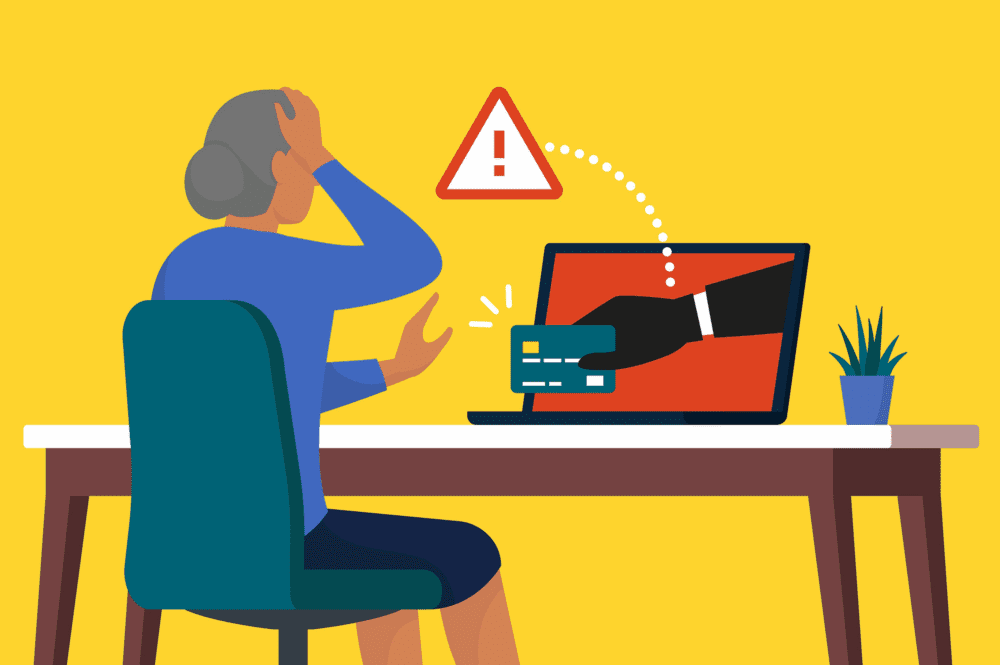Regrettably, we cannot assist if you transferred
your money to the scam before July 2019.
NatWest bank transfer and APPscams
Bank transfer scams, also known as Authorised Push Payment (APP) fraud, are an increasingly common form of cybercrime in which criminals manipulate victims into transferring money directly from their bank account to the account of the fraudster.
This is done using a combination of social engineering techniques such as:
- Romance scams – where the fraudster poses as a potential suitor in order to get close to the victim and convince them to send personal details and money.
- Cryptocurrency scams – fraudsters promise financial ‘quick wins’ to persuade would-be investors to transfer money to build fake cryptocurrency portfolios.
- Impersonation scams – where the scammer claims to be calling from a trusted organisation or company, such as the victim’s bank or building society or uses number spoofing to impersonate a family member or friend.
- Investment scams – as people try to earn more money for later life, or pension, scammers use this information to target would-be investors with bogus investment schemes.
Once the scam victim has willingly authorised the transaction, because they believe the request for money to be genuine, the fraudsters will move the money on from the receiving account, often overseas, making it virtually impossible to recover. In some cases of ‘two-step bank fraud’, victims are instructed to move their own money first from one bank to another, and then again into ‘a new account’ set up in their name – which is in the control of the scammer.
If you suspect you have been the victim of an APP scam, then urgently report this to the bank, the police, and Action Fraud, the UK’s national reporting centre for fraud and cybercrime. If you have lost money, this may lead to a criminal investigation by the police. However, as the nature of APP scams mean that victims have authorised the transactions themselves, sometimes banks refuse to accept liability for the scam and refuse to pay any refund or compensation.
If this has happened to you, there are next steps that can be taken to refund your losses.








